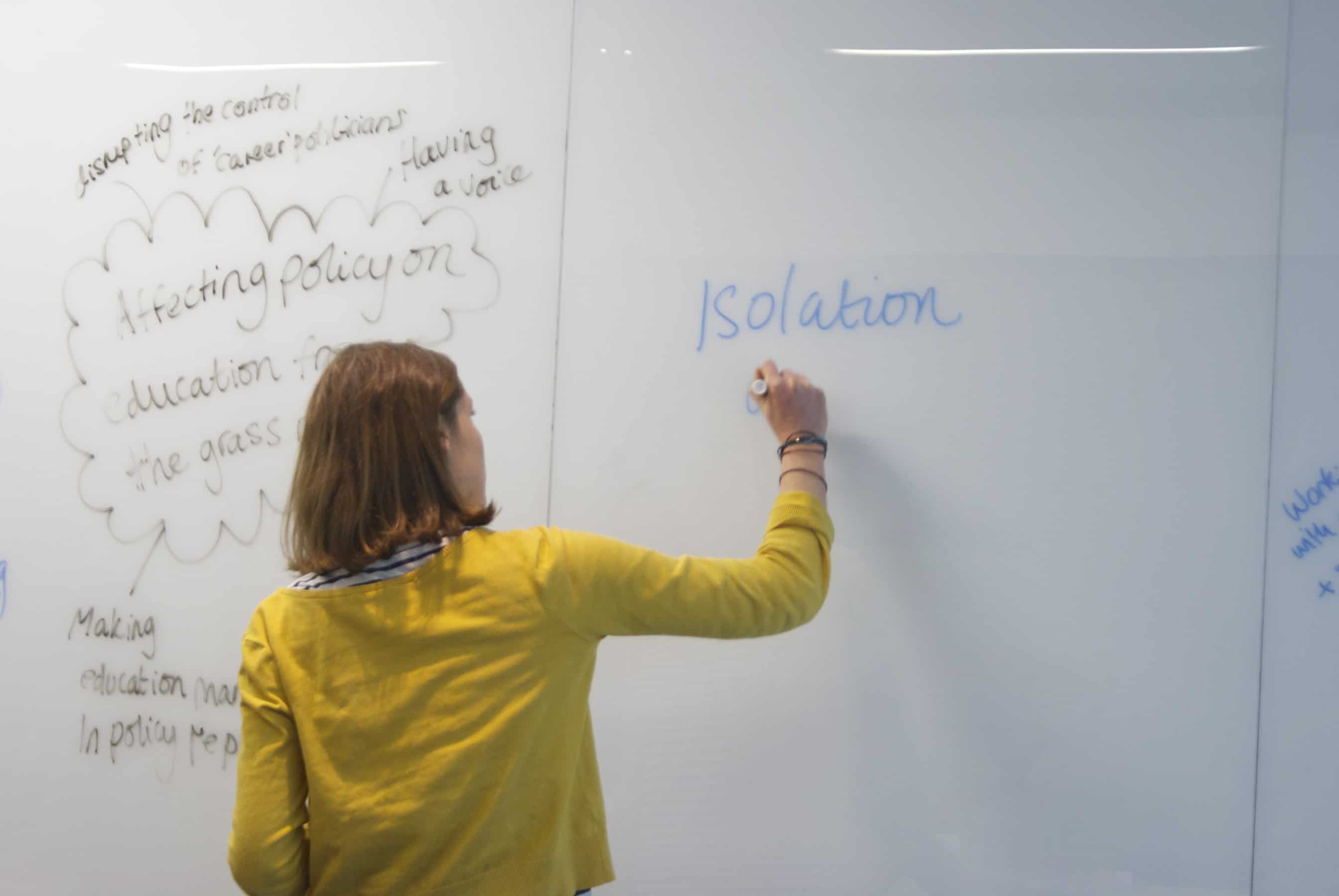At Student Hubs we run the largest social impact sector internship scheme in the UK, which has been operating since 2008. Each year we recruit and train a pool of talented and passionate students and match them with socially impactful organisations in the cities where we work. The scheme is one of our most popular programmes and we received 530 applications for summer placements this year. However, we are aware of the challenges of running a scheme like ours – especially as the majority of organisations we place students with are not in the financial position to offer fully paid placements.
As a consequence we’re committed to giving interns a meaningful, valuable experience, which – while it may not remunerate them financially – should add real value to their CV and career prospects in this sector. With these challenges in mind, in January 2015 we surveyed 102 students and graduates in order to build a picture of young people’s experiences of internships in the social sector, in order to discover precisely how organisations can ensure placements that are truly valuable to interns. Our report, ‘Crafting Meaningful Internships in the Social Impact Sector’, explores our findings.
While the social impact sector is growing as a popular careers destination among millennials – as Dame Mary Marsh’s Leading Social Review outlined in 2013 – it has yet to catch up in terms of developing and nurturing talent, and guiding young people into thriving careers. The findings from our research show that organisations’ failure to develop and nurture their interns’ skills is the key element missing from successful reporting of internship experience.
Many organisations have reported on the ethical challenges posed by unpaid internships in the social impact sector (with NCVO most recently ‘making the case for volunteer internships’), and pay and fair expenses policies are undoubtedly big concerns for young interns. However, we have also found that young people have high expectations of internships and are seeking tangible personal development outcomes which will enable them to progress in their career.
It is therefore crucial for placements to achieve more for these young people than a meaningless line on their CV – even if it is well reimbursed. In our report we outline how internships should be structured to ensure placements provide development opportunities for young people which add real value to their career prospects in the social impact sector.
As a result of our research, we have developed a vision for internships in the social impact sector: where every internship provides an excellent experience, adequate support and a rigorous focus on value to the intern. We believe this vision can be achieved through the following recommendations.
- Projects should be structured to offer experience and skills through challenging, impactful work over which interns can feel ownership.
- Organisations should offer any opportunities they can for interns to gain insight into the sector, including how organisations work, the roles available in the sector, and career paths in social impact.
- Any organisation taking on interns must invest the resources and staff time necessary to adequately support interns through detailed work plans, one-to-one management, and end of placement reviews.
- Organisations taking on interns must do everything they can to ensure accessibility and fair remuneration, especially when recruiting voluntary interns.
Since its inception, we have been dedicated to giving students on our Social Impact Internship Scheme the best possible experiences with the charities and social enterprises that host them. We believe that by working on meaningful projects, taking on ownership and accountability and working closely with a line manager, interns can develop the skills, confidence and sector understanding that is so crucial to progressing in their chosen career. If you are interested in hosting one of our fantastic students at your organisation, get in touch with Ishita – we look forward to working with many more innovative and exciting organisations in the coming months.
This blog was originally published on the #iwill campaign website.

